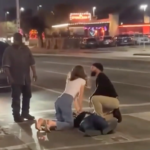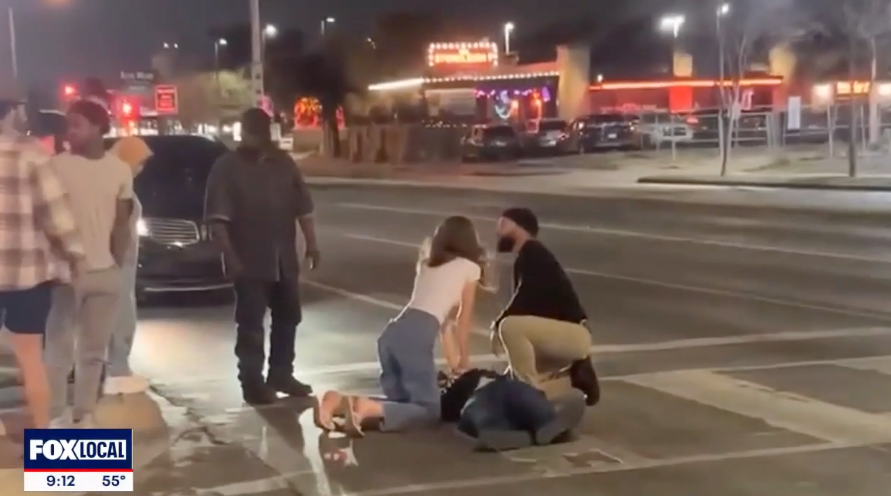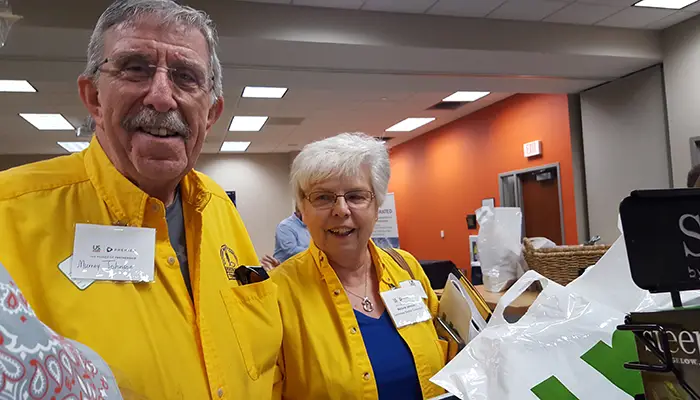The latest research from George Barna reveals disturbing new trends in how Americans view the nation’s pastors, church leaders and churches.
Statistics show many Americans no longer “deeply trust” Christian pastors, believe they “are out of touch” with needs in their communities and are more focused on “growing their churches” than meeting community needs.
According to barna.com, the new data should “serve as a call to action for church leaders who are currently thinking through how to best reach their local communities.”
In a 2017 study Barna surveyed a number of Americans, asking about the church’s pastoral influence in their city or neighborhood: “The good news: Most people don’t dislike pastors. The bad news: They just don’t really care about pastors either.”
Disheartening statistics
Southern Baptist church membership is rapidly declining, according to a report from Lifeway Christian Resources, which says there were 14 million Southern Baptists in 2020, a loss of 435,632 since 2019, and 2.3 million from 2006, when the SBC reached 16.3 million members.
Worship attendance in Southern Baptist Convention churches also is down 15%, due in part to the COVID-19 pandemic that caused cancellation of in-person services.
In 2020 baptisms were down by about half, to 123,160, the lowest number since 1919.
Many needs
This difficult time in the nation offers today’s churches a wide-open missions field for renewed ministry and evangelism. How can pastors, church staff and members step up to meet needs in their communities, restoring waning trust and influence of the church among Americans? Consider these practical suggestions:
The Sick: Community hospitals are filling up due to the highly-contagious SARS-CoV-2 Delta variant, which now makes up 99% of COVID-19 cases in the United States. As of Oct. 20, a total of 45,070,875 COVID cases have been reported.
How can churches minister?
- Drive unvaccinated people to get COVID vaccines.
- Minister to families and children of those who have been hospitalized with COVID. Stay in touch; let them know the church cares.
- Help families financially when the main wage-earner is sick or without a job, helping pay rent, utility bills, medical bills, etc. The U.S. unemployment rate was 8% in September.
- Pray earnestly for those in the community who are ill. Let them know you are praying for them as a church.
The Caregivers: Caregivers often feel like forgotten members of the community. In the U.S. today, one out of every five people is a caregiver for someone ill, disabled or elderly.
- Find out who they are.
- Contact each one, asking what each person needs.
- Show the church’s love and concern in prayerful, tangible ways.
The Hungry: The most basic necessity of life is food. More than 19% of Alabama’s population is food insecure, equating to 919,670 people. Alabama has the nation’s second highest food hardship rate.
- Collect food as a church, distributing it to the hungry in the community.
- Provide money for children’s weekday school lunches.
- Ask members to volunteer time, energy and money to organizations that help feed the hungry. For example: When Jim and Linda Jones discovered one in four children in Alabama go to bed hungry each night, they founded Alabama Childhood Food Solutions, a faith-based nonprofit sponsored by 38 churches in central Alabama. Through donations, they now feed more than 2,000 children each week, and provide food for more than 800 of Alabama’s hungry families.
The Elderly: Alabama’s elderly population is expected to grow by 82.4% between 2010 and 2040.
- Offer to help with projects they can no longer do: mow the lawn, make house repairs, clean gutters, drive them to doctor appointments, shop for clothes and groceries, etc.
- Minister in tangible ways to those who suffer from Alzheimer’s disease and dementias. More than 6 million Americans are living with Alzheimer’s, and by 2050, that number is projected to rise to nearly 13 million. In the United States, Alzheimer’s and dementia deaths have increased 16% during the COVID-19 pandemic — one in three seniors dies with Alzheimer’s or another dementia, killing more people than breast cancer and prostate cancer combined.
- Many of those suffering from Alzheimer’s and dementias have no reliable caregivers. The church can be a great source of practical help and encouragement.
“As Christian engagement [in the community] decreases, so does trust in local pastors,” according to barna.com. But the church can be a bright light and witness to its community when it researches needs, pinpoints the most urgent problems and steps in to help eliminate suffering with prayer, encouragement and practical, hands-on help.
When the church reaches out, both the churched and unchurched will come to more “deeply trust” Christian pastors/churches, see they are “in touch” and concerned about those suffering around them, and show the community that churches are focused on meeting community needs.
Are Christian pastors out of touch with needs in their community?
- Among all U.S. adults: 15% agree strongly
- Among practicing Christians: 14% agree strongly
- Among non-practicing Christians: 10% agree strongly
- Among other faiths: 16% agree strongly
- Among those with no faith: 22% agree strongly
Information from barna.com
Denise George is author of 31 books and currently is working with churches to help them minister to caregivers. For more information, see www.denisegeorge.org or email cdwg@aol.com.










